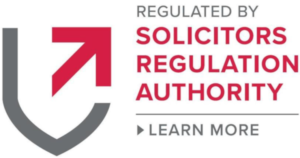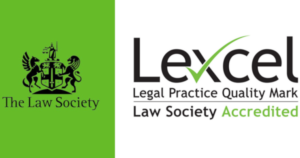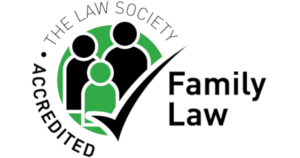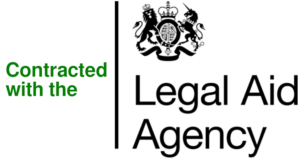Complaints handling procedure
Our complaints policy
We are committed to providing a high quality legal service to all our clients. When something goes wrong, we need you to tell us about it. This will help us to improve our standards.
Our complaints procedure
If you have a complaint about our service or a bill that we have rendered on or both, please contact us with the details immediately. We will aim to deal with your complaint promptly and fairly and your complaint will not affect how we handle your matter.
In the first instance, you should contact the person who is dealing with your matter to let them know of your concerns and we will aim to resolve the issue. If you feel that you do not wish to discuss it with them, please contact:
Francis Eigbefoh (Complaints Manager)
Francis Solicitors
171 Lewisham High Street
London SE13 6AA
Tel : 02084639100
Email: francis@francissolicitors.co.uk
What will happen next?
1. Allow us 8 weeks to deal with your complaint.
2. We will send you a letter acknowledging receipt of your complaint within 7 days of us receiving the complaint, enclosing a copy of this procedure. We may request further information and documents from you to assist us with the investigation within a specific period of time.
3. We will then investigate your complaint. This will normally involve passing your complaint to Francis Eigbefoh who will review your file and speak to the member of staff who acted for you.
4. Francis Eigbefoh will then invite you to a meeting to discuss and hopefully resolve your complaint.
5. Francis Eigbefoh will write to you to confirm what took place and any solutions he has agreed with you.
6. If you do not want a meeting or it is not possible, Francis Eigbefoh will send you a detailed written reply to your complaint, including his suggestions for resolving the matter.
7. At this stage, if you are still not satisfied, you should contact us again and we will arrange for another partner or someone unconnected with the matter at the practice to review the decision.
8. We will write to you after receiving your request for a review, confirming our final position on your complaint and explaining our reasons.
9. If we have to change any of the timescales above, we will let you know and explain why.
10. If for any reason we are unable to resolve the problem between us within that timeframe, then you may ask the Legal Ombudsman to consider the complaint. The Legal Ombudsman may be contacted at PO Box 6806, Wolverhampton WV1 9WJ. Please be aware that any complaint to the Legal Ombudsman must usually be made within six months of your having received a final written response from us about your complaint. Complaints to the Legal Ombudsman must usually be made within one year of the act or omission about which you are complaining occurring; or within one year from when you should have known about or become aware that there were grounds for complaint. For further information, you should contact the Legal Ombudsman on 0300 555 0333 or visit: legalombudsman.org.uk. Normally, your complaint needs to fall inside both rules if the Ombudsman is going to investigate it.
11. Before accepting your complaint for investigation, the Legal Ombudsman will check that you have tried to resolve your case with us first.
12. Complaints relating to an alleged breach of the SRA rules and regulations including the SRA Accounting Rules should be referred to the Solicitors Regulation Authority (SRA). The SRA will not investigate complaints about services provided by the firm. Such matters will be referred to the Legal Ombudsman. Please visit the SRA website: sra.org.uk – Tel: 0370 606 2555.
You also need to be aware that the Ombudsman only deals with complaints from the following:
(a) an individual
(b) an enterprise which, at the time that the complaint is made, is a micro-enterprise within the meaning of arts. 1, 2(1) and (3) of the Annex to Commission Recommendation 2003/361/EC, as that Recommendation had effect at the date it was adopted;
(c) a charity with an annual income net of tax of less than £1 million at the time at which the complainant refers the complaint to the respondent;
(d) a club, association or organisation, the affairs of which are managed by its members or a committee or committees of its members, with an annual income net of tax of less than £1 million at the time at which the complainant refers the complaint to the respondent;
(e) a trustee of a trust with an asset value of less than £1 million at the time at which the complainant refers the complaint to the respondent;
(f) a personal representative of an estate of a person; or
(g) a beneficiary of an estate of a person.





